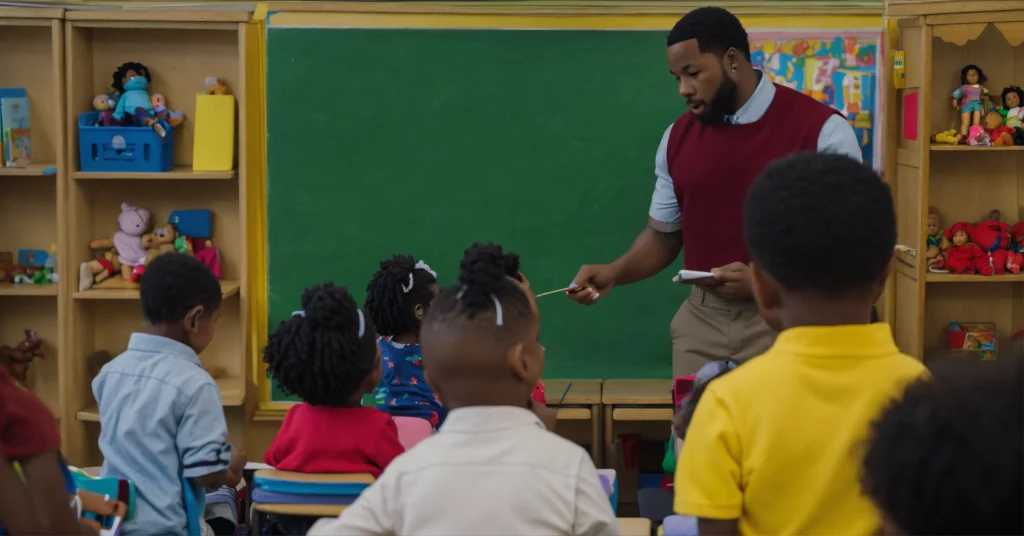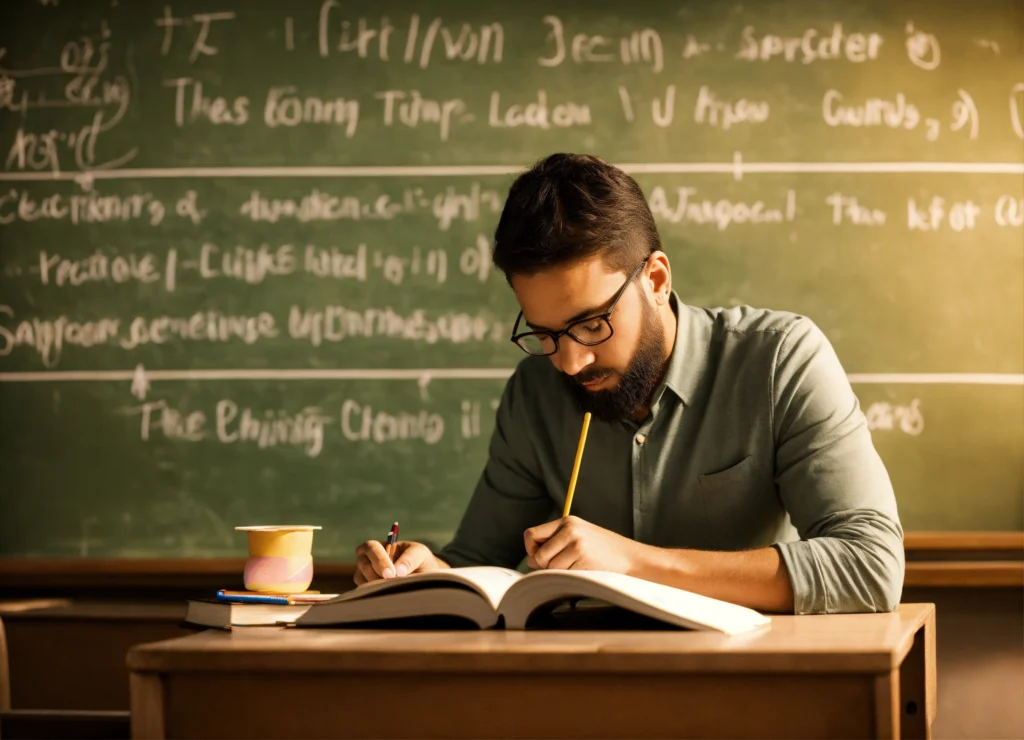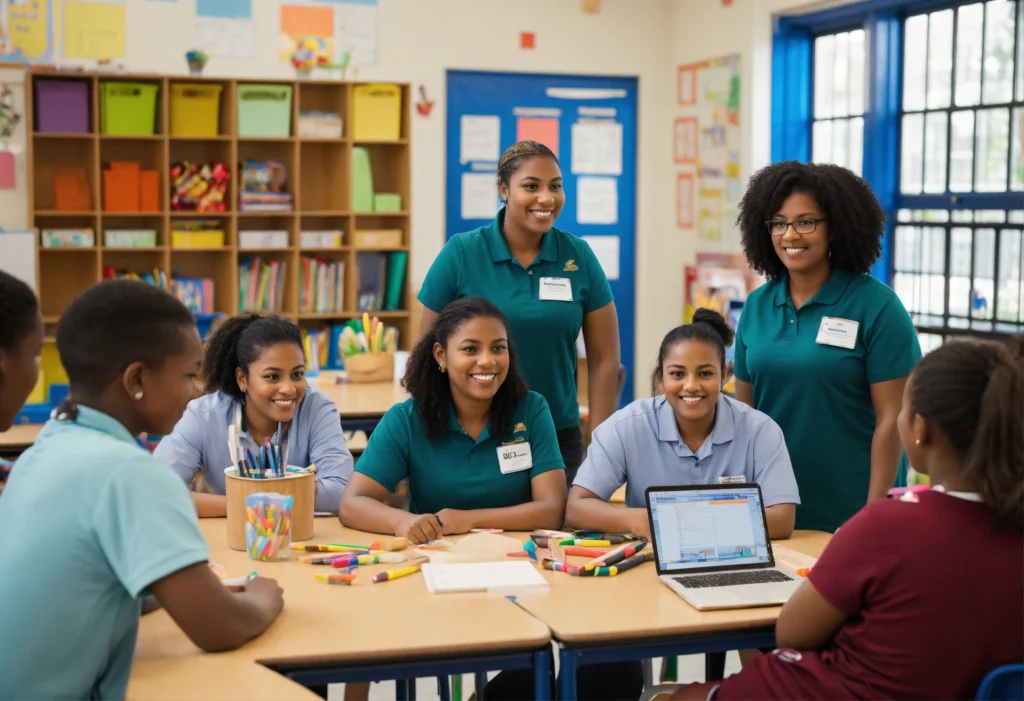Educational assistant (EA) skills are essential in helping teachers and students in the classroom.
They guarantee that classrooms are welcoming, well-structured, and stimulating.
Understanding the critical skills that make educational assistants effective is important given the rising demand for qualified professionals in this field.
The ten most important skills of an educational assistant will be discussed in this blog, along with the reasons they are important in the current educational environment.
What is an Educational Assistant (EA)?
A professional with training, an educational assistant (EA) assists instructors in the classroom by offering extra help.
EAs frequently help regulate classroom conduct, support kids with special needs, and foster a supportive learning environment.
They are crucial for filling in learning gaps and making sure each student receives the time and attention they require.
Preschools, elementary schools, high schools, and special education facilities are just a few of the places where educational assistants work.
They play a critical role in encouraging diversity and creating a nurturing learning environment for every student.

What Do Teaching Assistants Do?
Depending on the school or classroom they work in, an educational assistant’s duties can change. Nonetheless, a few typical activities are:
- Supporting the social and academic growth of students with exceptional needs.
- Arranging and preparing educational resources.
- Keeping an eye on pupils during class and recess.
- Helping educators control conduct in the classroom.
- Assisting kids in maintaining their concentration and academic progress.
- Implementing individualized education plans (IEPs) in conjunction with educators.
- Supplying pupils with social and emotional support when required.
Providing teachers and students with the tools they need to succeed, EAs are the unsung heroes of the classroom.
How to Develop Essential Education Assistant Skills
Training and practical experience are both necessary to become a successful educational assistant.
Candidates must finish an education assistance certification program or diploma, according to several schools.
Beyond official instruction, acquiring the necessary abilities entails:
- Continuous Learning: Keep abreast with classroom management tactics, instructional tools, and teaching methodologies.
- Practice: Get experience through volunteer work, internships, or part-time jobs at educational institutions.
- Feedback: To enhance your strategy, ask peers, instructors, and students for their opinions.
- Patience and Empathy: Only through constant practice and a commitment to comprehending children’s needs can one develop patience and empathy.
Top 10 Essential Skills of an Educational Assistant
Let’s now explore the top ten important educational assistant skills that support a fruitful and satisfying career in teaching.

1. Communication Skills
Effective communication enables educational assistants to work with teachers, help students, and communicate instructions.
Building comprehension and trust in the classroom requires both active listening and the capacity to communicate ideas.
2. Adaptability
To deal with a variety of student demands, unforeseen circumstances, and shifting classroom dynamics, an EA needs to be adaptable.
Regardless of the difficulties they encounter during the school day, their capacity for adaptation guarantees that they continue to be effective.
3. Patience
When working with students who require additional time or attention to comprehend concepts or handle behavioral issues, patience is crucial.
A soothing, perceptive attitude fosters a positive learning atmosphere.
4. Organizational Skills
EAs who are well-organized are better able to create lesson plans, oversee timetables, and guarantee that classroom activities proceed smoothly.
By preserving a structured environment, these abilities also help teachers and students feel less stressed.
5. Empathy
EAs can comprehend and help students with their emotional, social, and academic challenges when they have empathy.
This ability is essential for fostering a sense of community among students, providing support, and establishing trust.
6. Classroom Management
Keeping the classroom in order, reducing disruptions, and creating a supportive environment where students can flourish are all part of effective classroom management.
EAs are essential in helping teachers in this regard.

7. Knowledge of Special Education
EAs can effectively support students with disabilities or learning challenges when they have a solid understanding of special education principles.
In inclusive classrooms, it is particularly crucial to be familiar with IEPs and assistive technology.
8. Problem-Solving Skills
In the classroom, EAs usually face difficulties like settling disputes or assisting disengaged pupils.
Strong problem-solving abilities guarantee that they can minimize interruptions by addressing problems promptly and efficiently.
9. Technological Proficiency
It is becoming more and more crucial to be proficient with assistive technologies, digital tools, and educational software.
To improve the classroom environment and assist students’ learning, EAs need to stay current on technological resources.
10. Teamwork
Meeting the needs of students requires cooperation from parents, teachers, and administrators.
EAs with strong teamwork abilities can successfully contribute to a cohesive educational strategy, guaranteeing student success.
Conclusion
A vital component of contemporary classrooms, educational assistants help teachers and students reach their objectives.
You can have a big influence on students’ academic and personal development by becoming an expert educational assistant.
These abilities, which range from patience and communication to technological know-how and collaboration, guarantee that EAs are prepared to meet the demands of their position.
Investing in these skills will open the door to success and fulfillment in this fulfilling career, regardless of whether you are thinking about becoming an educational assistant or are currently employed in the field.
FAQs About Top 10 Essential Skills Of An Educational Assistant (2025)
- Why are EAs important in classrooms?
EAs ensure classrooms are organized, inclusive, and engaging. They provide additional support to students, help manage behavior, and assist teachers in delivering effective lessons.
- Where do Educational Assistants work?
EAs work in various settings, including preschools, elementary schools, high schools, and special education facilities.
- How can someone develop Educational Assistant skills?
To develop these skills, you can:
- Complete an educational assistant certification program or diploma.
- Gain hands-on experience through internships, volunteering, or part-time roles in schools.
- Stay updated with classroom management techniques and teaching tools.
- Practice patience and empathy through regular interaction with students.
- Is being an Educational Assistant a rewarding career?


